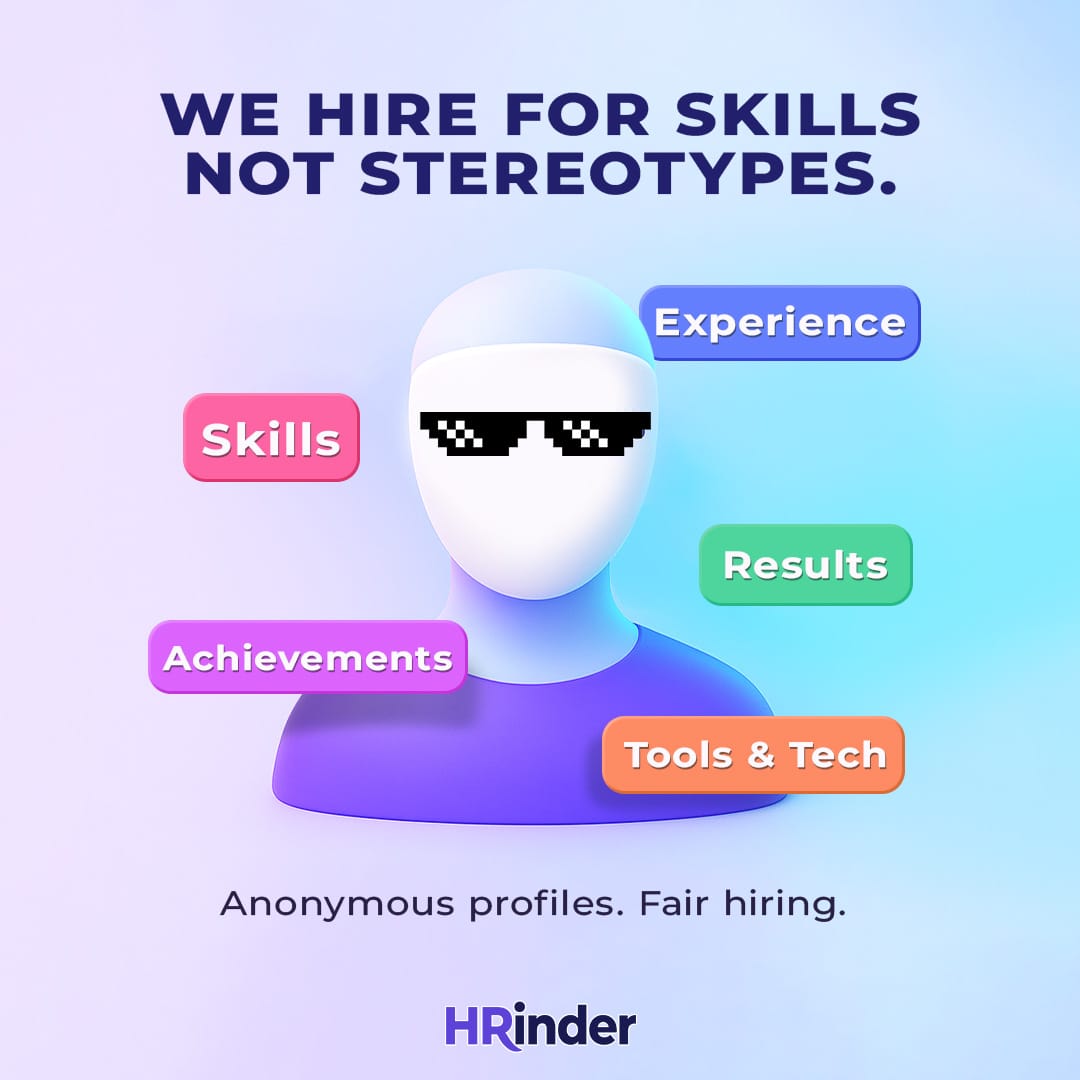The Applicant's Advantage: Skills Over Signals

The single most important benefit of blind hiring for job applicants is that it levels the playing field by ensuring they are judged on merit, skills, and experience alone.
Here is a breakdown of the key importance for candidates:
1. Eliminates Unconscious Bias in the Initial Screening
- Focus on Qualifications: By removing personally identifiable information (like name, gender, age, race, educational institution, or even a photo) from the application and resume, the initial reviewer is forced to focus exclusively on the candidate's skills, work history, and qualifications.
- Mitigates Discrimination: Studies have repeatedly shown that candidates with certain names (often associated with particular ethnic or racial groups) receive significantly fewer callbacks than those with identical qualifications but "majority-sounding" names. Blind hiring removes this barrier, giving these applicants a fair shot.
2. Increases Opportunity for Underrepresented Groups
- Diverse Backgrounds: If you come from a non-traditional background, attended a lesser-known school, or have a work history that doesn't follow a conventional path, blind hiring allows your talent to shine without being pre-judged by those factors.
- Confidence in Fairness: For applicants from groups that have historically faced discrimination, applying to a company known for blind hiring is a strong signal that their application will be evaluated fairly, encouraging them to apply in the first place.
3. Highlights True Competence and Potential
- Skills Over Status: In a blind process, a candidate's previous employer brand or university prestige does not overshadow their actual competencies. If the role requires specific coding skills, for example, a blind assessment proves those skills directly, making the candidate's ability the core selection factor.
- Breaks the Mold: It allows applicants who have excellent skills but lack the "right" connections or the "pedigree" to progress further, ultimately ensuring the most capable people, not just the best-connected, get the job.
In short, for applicants, blind hiring is important because it shifts the fundamental question from "Who are you?" to "What can you do?" - making the hiring process a true measure of potential and capability.
What is your experience? Have you ever felt a recruitment process was genuinely merit-based, and how did that impact your confidence in the company?

